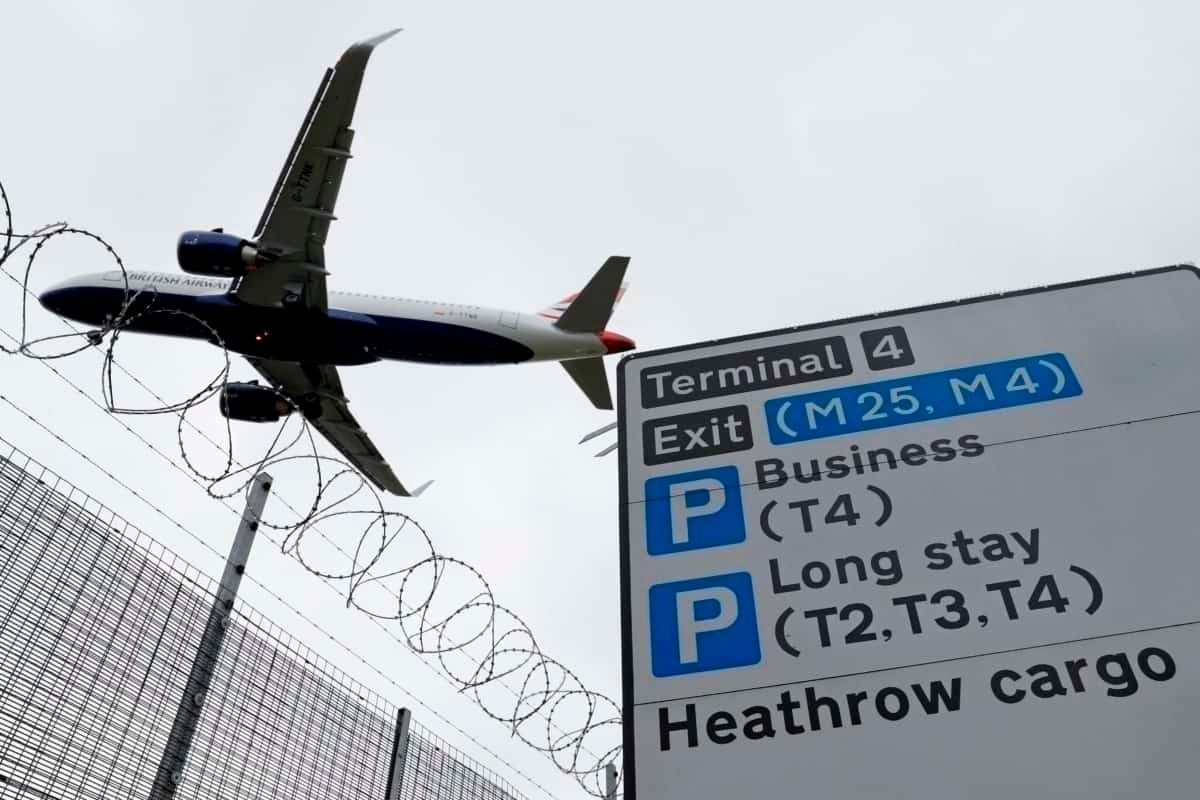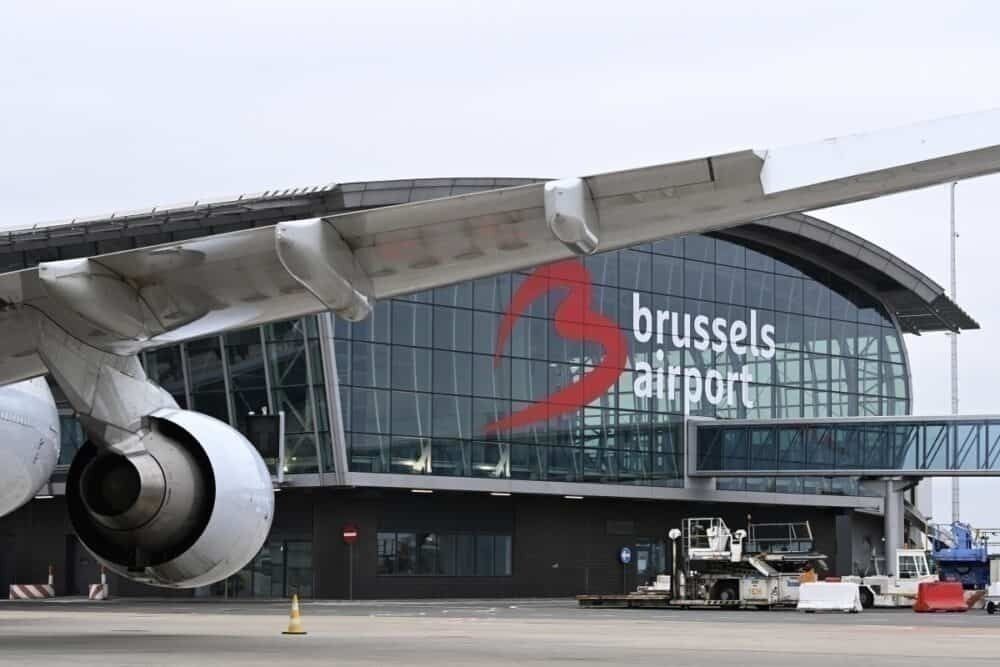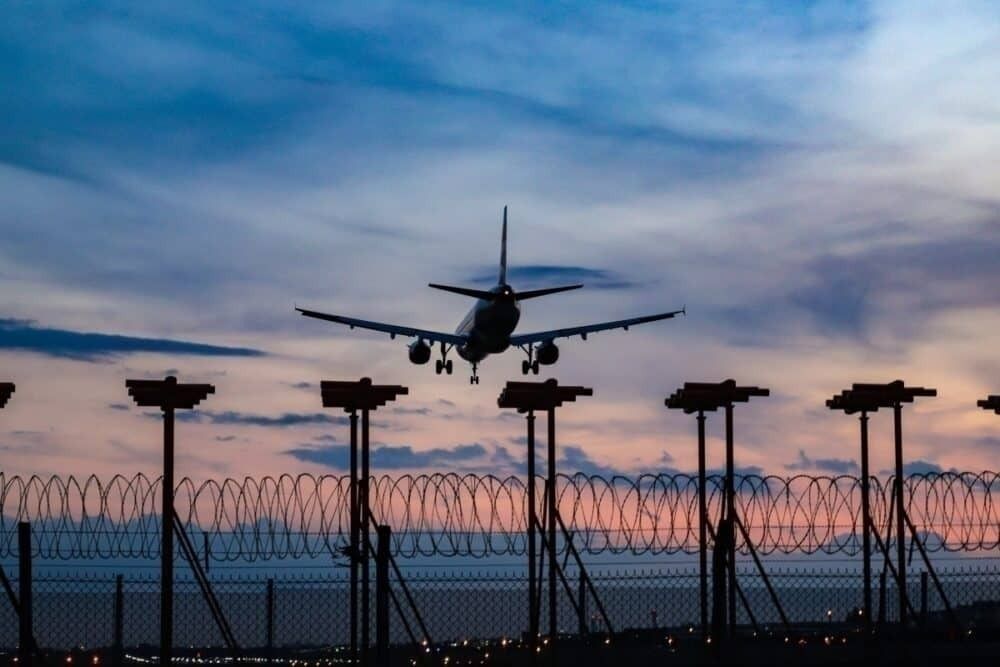Following a recent spike in COVID-19 cases, those arriving in the UK from Belgium, Andorra, and the Bahamas will now need to self-isolate for 14 days. The measures will be imposed beginning this Saturday and can lead to fines of up to £5,000 for failure to comply.
Beginning on August 8th, travelers arriving in the UK from Belgium will need to quarantine for 14 days. Along with Belgium, Andorra and the Bahamas are also added to the list. The three countries join Spain and Luxembourg, which have already been removed from the country's travel corridor.
Warning against non-essential travel
The measures will come into effect at 04:00 BST on Saturday, with the exception of Wales, where they began at midnight on Thursday. The Foreign Office has also warned against "all but essential" travel to the three countries. Furthermore, the Government has expressed that it is closely monitoring the situation in France.
Under normal circumstances, up to 1.8 million Brits visit Belgium every year. Not quite as many, somewhere around 150,000, go to Andorra yearly, and a privileged 36,000 visited the Bahamas a couple of years back.
Belgium has highest per capita deaths
Belgium, with its 11.46 million population, has been hit disproportionally hard by the pandemic. Per 100,000 of the population, there have been 86.3 deaths in Belgium, in comparison to the UK in second place with 69.6, according to data from Johns Hopkins. However, it should be noted that Belgium has attributed any potential COVID-19 death as such, even if no test has been done.
While it is nowhere near its top numbers for daily new cases from March and April, which averaged way above a thousand, the past week Belgium has recorded between 400 and 700 new infections per day. This means it has 27.8 new cases per 100,000 citizens, in comparison to the UK's 8.4.
The Bahamas was mostly free from the virus until July but has now recorded a total of 761 cases with anywhere between 15 and 49 new cases per day over the past two weeks. While certainly, the trend is a little alarming, it is nowhere near the spikes in, for instance, Spain.
Andorra has only between four and ten daily new cases over the last couple of weeks. Granted, with a population of 77,000, so the chances of bumping into someone carrying the virus are proportionally rather high.
What happens if you don't comply?
Those who are found breaking the quarantine rules will be subject to fines. In England, Wales, and Northern Ireland, anyone found not complying with the imposed self-isolation will need to pay £1,000 ($1,300). However, those in Scotland will only be fined £480 ($628). Meanwhile, there is a penalty of £5,000 ($6,544) for "persistent offenders."
But how exactly is the quarantine enforced? Anyone arriving from countries on the quarantine list has to fill out an online locator form declaring where they will spend the next 14 days. They must then go straight to that location, using public transport only if there is no other option.
The same goes for anyone who has been to one of those countries in the past 14 days but arriving via a different one. The number of isolation days will then count from the day of departure from the non-exempt country.
Enforcement is done via random spot checks by health officials who visit the locations of those in quarantine. While no later data on compliance is available, according to an investigation made by the BBC at the beginning of July, no fine was yet to be issued at the time.
However, holidaymakers that were taken aback by the sudden reimposing of the quarantine requirements may feel more inclined to swerve the rules. We shall probably know more in a couple of weeks.
Are you affected by this latest pivot in quarantine measures? Let us know in the comments.



